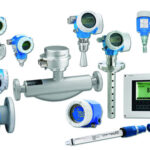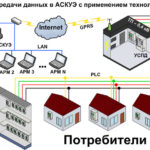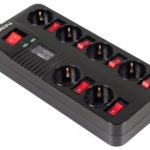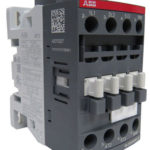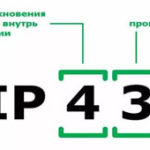The invention of electric generators and the beginning of the widespread use of electricity radically changed the industrial production and living conditions of most of the world's population, bringing both to a qualitatively new level. Intensive laying of electrical networks, the gradual emergence of complex equipment created a need for qualified specialists in their installation and maintenance.

Content
Professions related to electricity
The list of tasks that workers and engineers have to solve when arranging new networks and maintaining old ones in proper condition is very extensive.There is a specialization that allows you to train professionals in a realistic timeframe, i.е. while studying at colleges and universities.
- An electrician. Engaged in the maintenance of electrical equipment and maintaining internal networks in working order. Adjusts and repairs household appliances, communication systems, lighting fixtures, replaces sockets and switches.
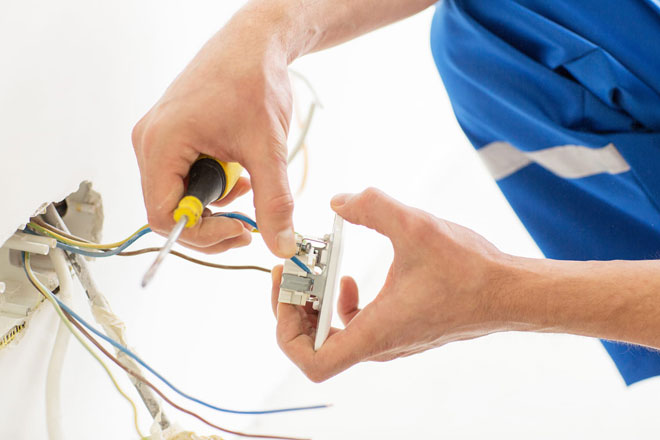
- Electrician. Specializes in the repair of power and low-voltage systems. Serves lighting panels, low-voltage electric motors, pumps, fixed telephones and more.
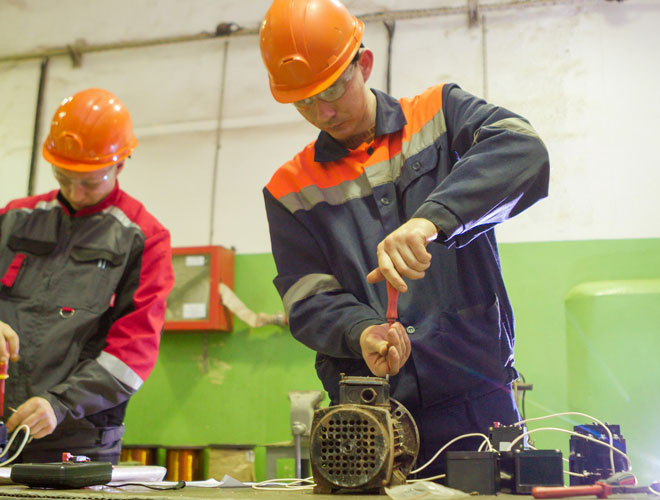
- Electrician. Lays internal and external networks, installs and repairs equipment related to the power supply of various objects and territories. Mounts and adjusts transformers, punches holes for laying cables.
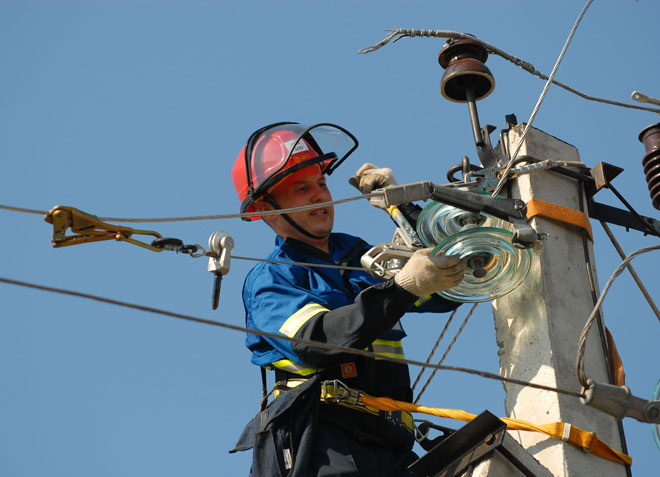
- Electrician. Creates electrical wiring outside and inside the building, is engaged in marking and fixing cables. Reads diagrams, installs supports for street lighting and laying overhead lines.

- Electrical Engineer. Designs electrical networks in residential and industrial buildings, calculates planned electricity consumption, selects lighting equipment, switchboard models, etc. Provides acceptance, storage and decommissioning of electrical installations.
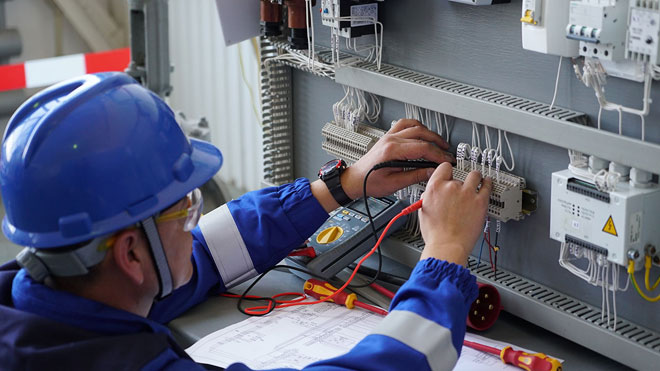
- Energy Engineer. Designs electrical, thermal and gas networks. Selects and purchases the necessary equipment. Checks automation and relay protection. Monitors loads in the power system. Optimizes energy costs.
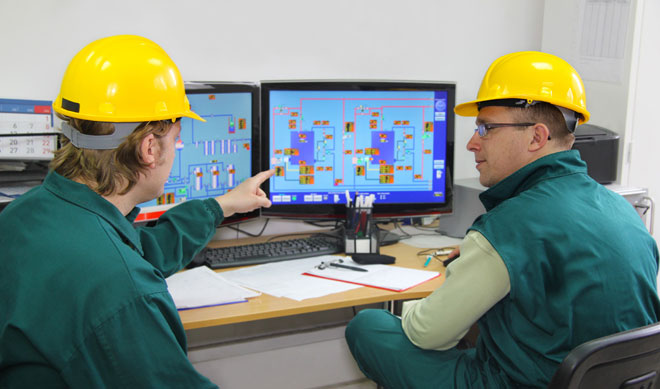
Electrician
The profession of an electrician is at the intersection of mental and physical labor. The specialist is responsible for laying external and internal power cables, installation of the part of the equipment that is required for power supply to residential buildingsas well as commercial and industrial facilities. He diagnoses components and devices and, if necessary, eliminates malfunctions. His responsibilities also include restoring power after hurricanes, earthquakes and other natural disasters.
Job responsibilities
Job descriptions for electricians describe the following range of duties:
- Wear overalls and personal protective equipment, check the reliability of fastenings, the correctness and serviceability of grounding.
- Comply with the rules and regulations of labor protection, fire safety and industrial sanitation.
- Report to the headquarters of civil defense and emergency situations about possible emergencies at the facility.
- Carry out the replacement of failed electrical equipment and lay a solid cable instead of a damaged one.
- Monitor the status of the most important network nodes.
- Perform scheduled inspections and technical tests.
- Carry out installation of devices and laying of supply lines in accordance with the approved working documentation.
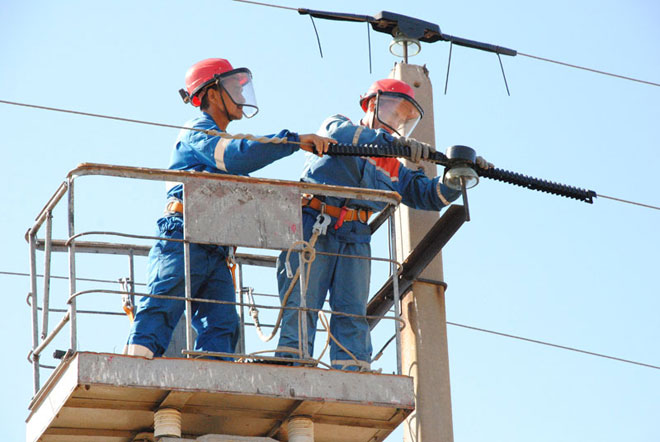
What knowledge and skills should an electrician have?
An electrician is not an easy profession. An applicant who wishes to fill this position in a public or large private organization must have experience in the following areas:
- maintenance of electrical networks and equipment;
- repair of power lines, transformer substations, electrical panels;
- management of power supply systems;
- control over compliance with the rules of operation of devices.
In addition, only persons who are able to document their professional qualifications and have such documents as:
- a diploma of secondary vocational or higher education;
- certificate entered in the register of Rostekhnadzor, with electrical safety approval group.
What kind of people are best suited for this profession?
The work of an electrician can hardly be called simple, a specialist must have extensive knowledge, be able to quickly analyze the situation and make competent decisions. Some companies will have to work on emergency calls, eliminating the consequences of accidents, at any time of the day or night, often in strong winds, in frosty weather, etc.
The person who chooses this career for himself should ideally be technically savvy, responsible and attentive to details. Important skills also include communication skills and a disposition to teamwork. In addition, difficult working conditions and responsibility for the lives of other people imply that the employee has a stable psyche and good physical health. Conflict personalities or people with various phobias, such as fear of heights, should not choose the profession of an electrician for themselves.
In which educational institutions they receive a specialty
The required diploma can be obtained in a number of domestic technical schools and universities, which provide training in the following areas:
- Power industry and electrical engineering;
- Electrical equipment and electrical facilities of enterprises, organizations and institutions;
- Technical operation and maintenance of electrical and electromechanical equipment;
- Installation, adjustment and operation of electrical equipment of industrial and civil buildings;
- Electrician for the repair and maintenance of electrical equipment;
- Electrician for the repair of overhead power lines;
- And others.
An electrician's crusts can also be obtained by completing professional courses at one of these educational institutions.
Career prospects for an electrician
Since electrical appliances and networks are used everywhere in all sectors of the economy, electricians are in great demand in the labor market. Good experience and experience in solving various problems help a specialist to get a fairly well-paid job. The monthly income is about 40 thousand rubles, while in the largest megacities of the country, Moscow and St. Petersburg, as well as during rotational work, such an employee has the right to count on remuneration in the region of 50-80 thousand, depending on the degree of workload.
Career growth occurs gradually as experience is gained and the level increases. There are 6 of them in total. To increase their competitiveness, many master related specialties: electrician, electrician and electrician. In addition, there is an opportunity to start your own business, because after several years of conscientious and high-quality work, an electrician acquires connections with promising clients that will help the business develop steadily at the initial stages.
The difference between an electrician and an electrician
The main responsibility of the electrician is to ensure the operability of electrical machines and mechanisms in his enterprise. Such an employee must clearly know not only safety rules, electrophysics, be able to read drawings, but also understand the internal structure of various units and carry out maintenance and repairs, including in case of mechanical damage: deformations of metal parts, breaks in chain and belt drives, etc. d.
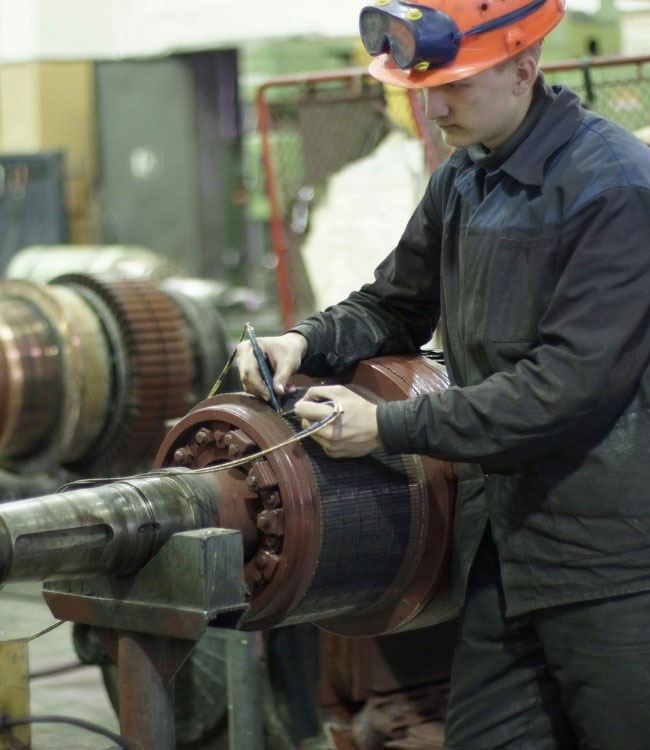
Electricians provide power to the facility, properly organize the connection of lines with equipment, lay cables, punch holes in the walls for wiring, install electrical panels, connect lighting, air conditioning and other engineering systems to power. These employees are responsible for the prompt restoration of power supply at the facility or in any part of it. During operation, they are exposed to an increased risk of electric shock, for example in the event of damage to the insulation of the supply cables.
In practice, there is often a mixture of responsibilities and positions of specialists, an educated electrician can perform the functions of an electrician, an electrician can service power equipment, etc.
An electrician
The main task of an electrician is to maintain the health and normal functioning of electrical systems for domestic and industrial purposes. Persons who have received education in this specialty are required in housing and maintenance services, repair shops, factories and factories.
It is they who are engaged in solving such problems as: replacing sockets, switch mounting, energy meters, ceiling and wall lamps. In addition, the acquired knowledge and experience in the repair of electronic devices, gives them the opportunity to identify and replace damaged components in electric furnaces, televisions, players, audio speakers and other equipment. Employers often add responsibilities for wiring, setting up, and maintaining power equipment.
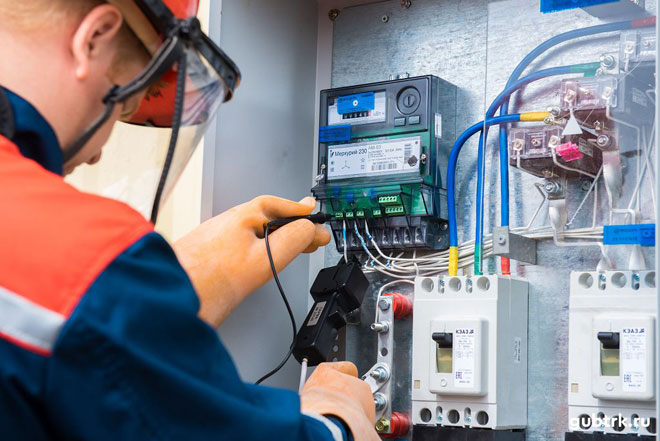
Job responsibilities
According to the standard instructions that are typical for most enterprises, an electrician must:
- Carry out scheduled inspections of equipment, maintain entrusted equipment in a suitable condition for operation.
- Adjust electrical appliances, switch functional modes.
- Ensure timely repair of networks and equipment.
- Comply with all labor protection requirements when working with electricity.
- Use personal protective equipment to wear the form of the enterprise.
- Store the working tool in the proper form, promptly report its loss or breakage.
- Regularly, at least once every 2 years, undergo a professional medical examination.
- Engage in the installation and dismantling of power and signal cables.
- Conduct training on the safe handling of electrical networks and industrial equipment.
- Provide first aid to victims of electric shocks.
Qualification requirements for an electrician
An electrician refers to the line personnel of a company and usually works under the direction of a chief engineer or other responsible person. The position mainly involves manual work, albeit in conditions of constant health risk. Passing current through the body can cause burns, damage to the nervous system, or even death.
However, an electrician works in most cases according to already developed instructions and projects, and therefore he is not required to have the same deep knowledge as an electrical engineer. The voltage faced by the employee does not exceed 1000 V, so for work it is enough to get a group 3 electrical safety clearance.Higher or secondary technical education is not a prerequisite for a vacancy; to start a career at an earlier age, you can complete vocational schools or courses.
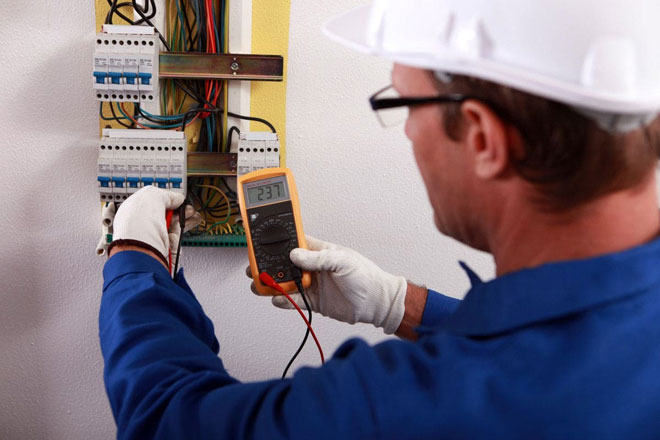
Higher demands are placed on electricians performing the tasks of electricians. They must have experience in managing power systems, have a good knowledge of electrophysics, understand the principles of the action of current and understand the design of power electrical equipment.
Electrical Engineer
The qualification of an engineer is received by electricians who graduated from technical universities. Specialists are trained in the following areas:
- electrical equipment and electrical technologies in the agro-industrial complex;
- electrical equipment of cars and tractors;
- management of energy resources of enterprises;
- aircraft electrical equipment;
- production of power equipment;
- power supply and cable networks;
- electric power systems and networks;
- relay protection and automation of electric power systems;
- power supply.
Vacancies for electrical engineers are opening in construction, transport, medicine, agriculture, medicine, the IT sector and the defense industry. The work of these specialists may involve both the design and maintenance of electrical networks inside buildings, and the development of electrical equipment, the creation of reliable and efficient electrical circuits.
Responsibilities at work
The specific list of duties of an electrical engineer varies significantly from the scope of the organization. In general, it looks something like this:
- Understand legal documents and be able to quickly find the information you need.
- Accept and participate in the implementation of project decisions.
- Make calculations of power and energy consumption at the facility.
- Prepare purchase orders for equipment and accessories.
- Organize acceptance, assembly and testing of machine tools, pumps, motors and other devices.
- Control the safety of electrical installations.
- Draw up acts for the write-off of equipment that has developed its resource.
- Keep track of your company's energy consumption. Propose optimization measures.
- Observe electrical safety precautions. Instruct employees on the correct and safe use of electrical installations.
- Identify the causes of breakdowns and failures in the enterprise. Propose action to management to address them.
Knowledge and skills of an electrical engineer
An electrical engineer organizes the work of line personnel and provides document management. To make rational decisions, he must have an understanding of physical processes, an excellent understanding of electrical equipment, be able to read and write single line and other electrical circuits of different levels of complexity. The main tools of this specialist include a computer with access to information and reference databases, as well as programs for compiling technical and commercial documentation: Electrician, Splan, AutoCAD, MsOffice and others. From beginners without experience, knowledge of the device of household electrical networks and relay automation, a basic understanding of electronics, is usually expected.
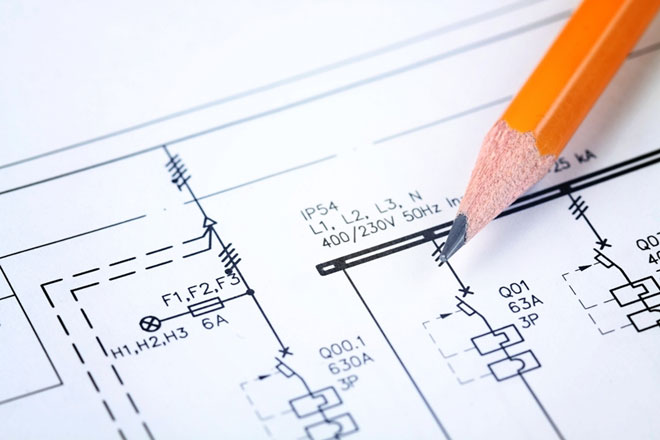
Among the personal qualities inherent in an electrical engineer, one can single out responsibility, attentiveness, good memory, and developed logical thinking. The presence of a personal car and readiness for business trips will also be pluses when applying for this position.
Similar articles:

